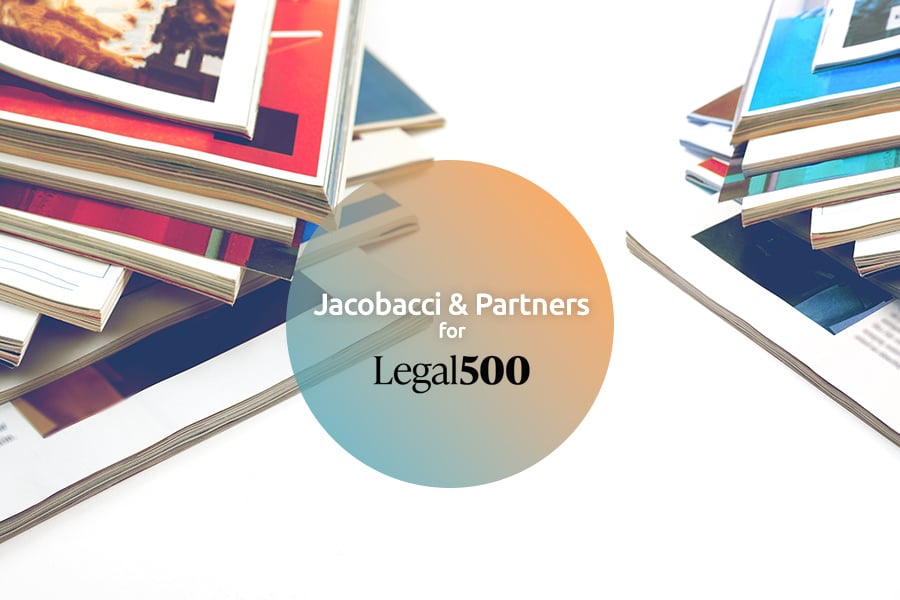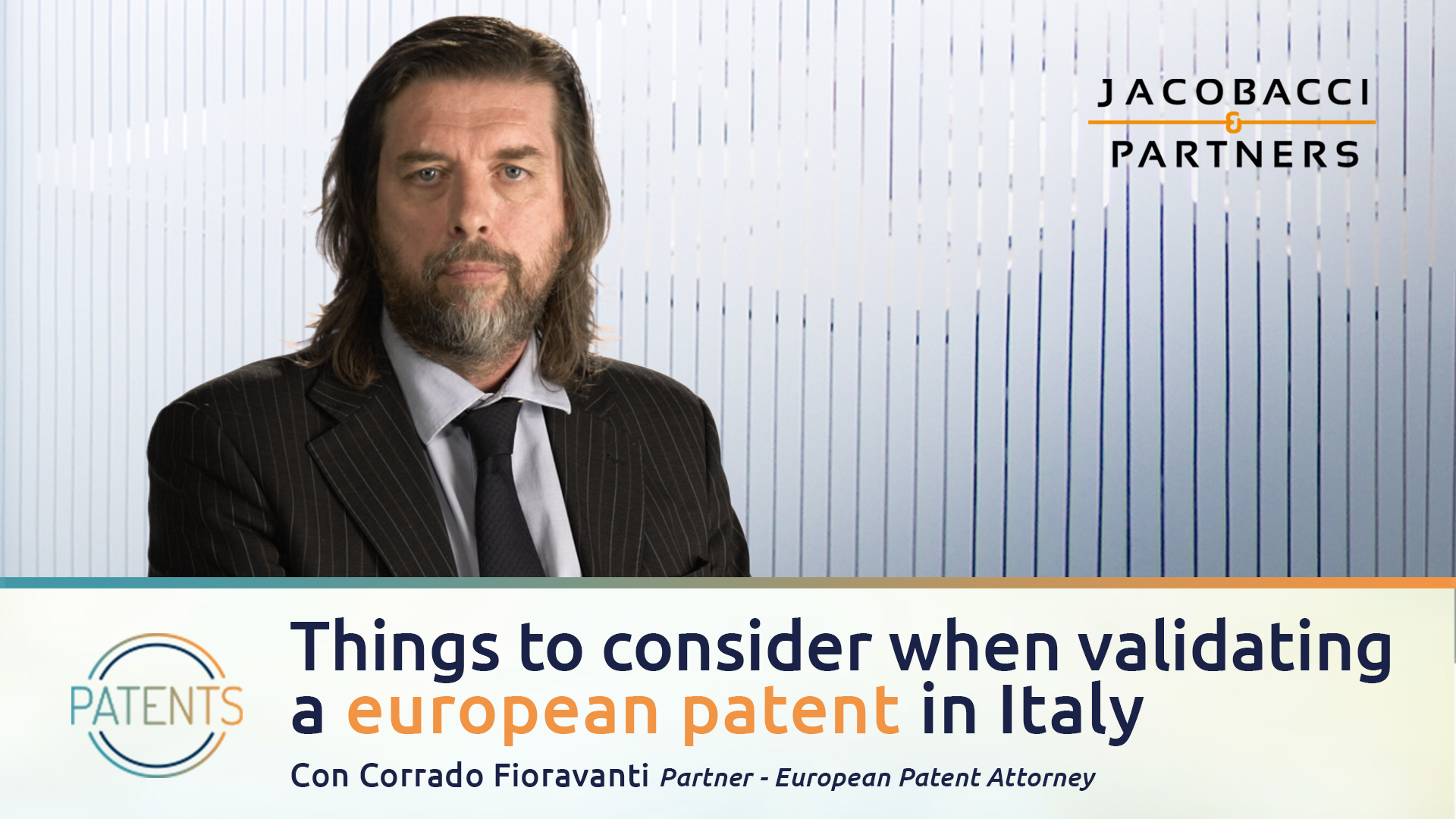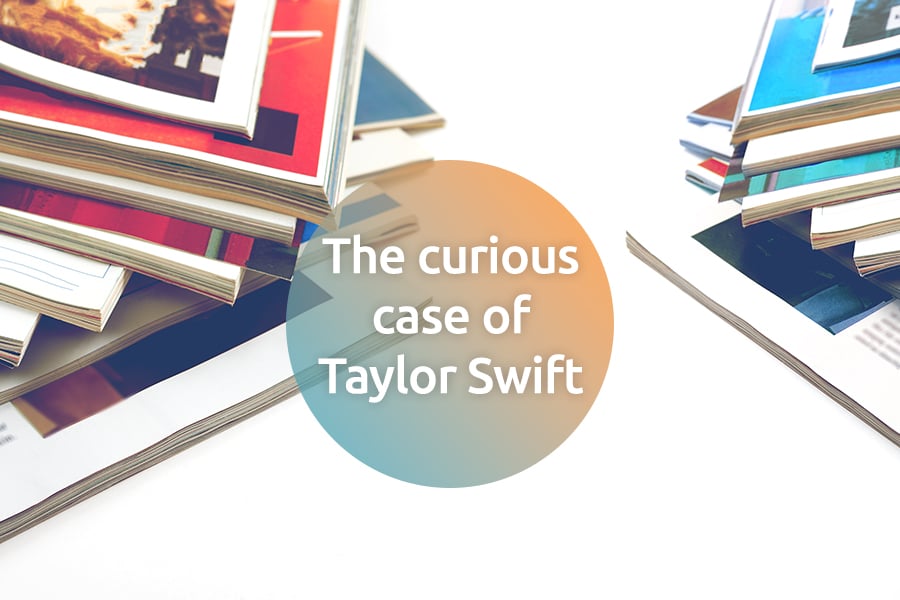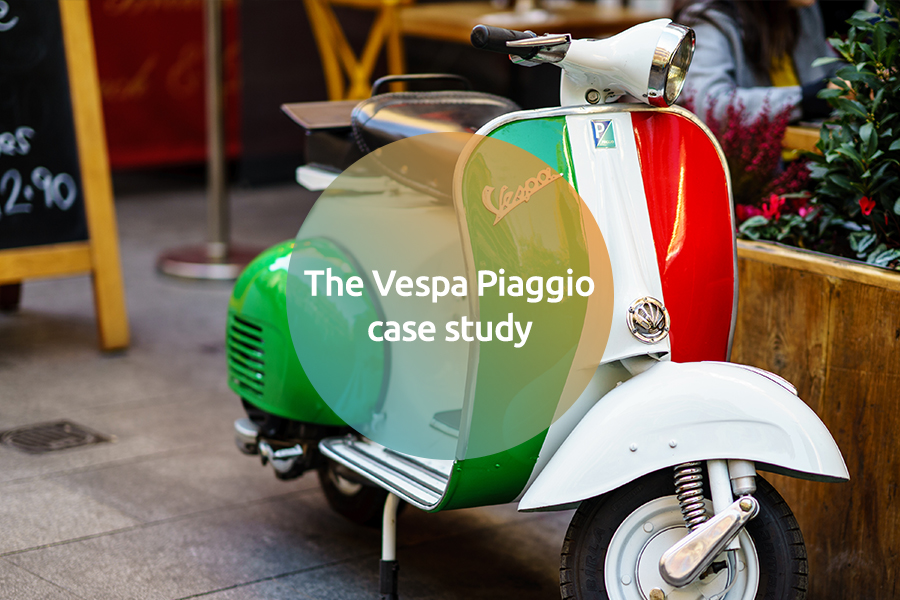The Court of Cassation recently ruled on the scope of the so-called 'Galenic exception', which allows pharmacists to prepare prescription medicinal products that may otherwise infringe a patent.
Background
The Galenic exception was introduced into Italian legislation in 1978 after the Constitutional Court cancelled Article 14 of the Patent Law, which prohibited the patenting of medicinal products. One of the consequences was the revision of Article 1 of the Patent Law, which introduced a provision stating that:
“the exclusive right granted by the patent shall not extend to the extemporaneous preparation in individual cases of medicinal products in pharmacies for prescription medications, and to medications so prepared.”
Medications compounded in pharmacies in Italy are traditionally called Galenic preparations. In 2005 Article 68 of the Industrial Property Code provided further protection under the Galenic exception. Article 68 states that the monopoly granted by a patent:
“does not extend to the extemporaneous preparation in individual cases of medicinal products in pharmacies for prescription medications so prepared, provided that such preparation does not include the use of active principles manufactured industrially.”
This amendment addressed the need for improved protection of patent rights, given the widespread proliferation of illegal trade in active ingredients in breach of existing patents.
The rationale of the Galenic exception is to balance the interests of the patent owner with the patient’s right to health. However, Italian law and the courts have established conditions and limits to the Galenic exception, including the following:
-
Extemporaneity – the preparation must be prepared by a pharmacist for a specific occasion.
-
Quantitative limits – the preparation should be done on a 'per unit' basis.
-
Health guarantee – the Galenic preparation must be formulated in the pharmacy based on a prescription, therefore distinguishing between 'magisterial' Galenic preparations (made following a prescription) and 'officinal' Galenic preparations (produced by pharmacists based on the pharmacopoeia rather than a prescription).
In 2008 the Court of Cassation ruled that pharmacists could prepare Galenic preparations, notwithstanding the existence of a patent, when the patient required a different dose or was allergic to the excipients used in the industrial product marketed by the patentee.
Finasteride case
On 23rd September 2013 the Court of Cassation issued an opinion regarding the scope of the Galenic exception (Case 39187) following events that occurred from 2002 to 2005. A pharmacist had repeatedly prepared capsules containing the active ingredient Finasteride while it was still under patent protection.
Merck was the owner of the relevant patent and marketed products under the trademarks PROSCAR (5 milligrams (mg)) and PROPECIA (1mg).
Finasteride is a synthetic drug indicated for the treatment of benign prostatic hyperplasia and male pattern baldness. There is also an off-label use of Finasteride in combination with a form of oestrogen in hormone replacement therapy for male-to-female transsexuals.
The court found that the Galenic preparation used the same dosage of Finasteride as was used in Propecia, as well as the same excipients.
Ruling
Because the preparation was identical to the commercially available product in terms of dosage and excipients, it was considered to be a fake Galenic preparation. Moreover, as a source for the active ingredient the pharmacist used the commercially available Proscar (5mg), a product indicated for the treatment of benign prostatic hyperplasia. The product was unpacked and used for pseudo-Galenic preparations containing 1mg of Finasteride that the pharmacist sold to patients seeking to counteract male pattern baldness, a different indication from the 'official' use for Proscar and for which the specialised Propecia (1mg) was regularly available.
The court concluded that the activity of the pharmacist was not motivated by the need to safeguard the health of the patient, but rather by pure economic considerations (ie, to provide a cheaper alternative to a commercially available product). Thus, such preparations could not qualify as Galenic exceptions. A decision to the contrary would legitimise a parallel market for patented substances.
In addition, two further aspects of this ruling should be noted:
-
Receiving stolen goods – the pharmacist, as a further source of the active ingredient, used Finasteride obtained from an unauthorised source. The Criminal Code considers it a crime to receive stolen goods and to distribute or use knowingly products infringing patent rights. The court noted that a pharmacist is a specialised person and should be aware of the illicit origin of the active principle and of potential patent infringement. Thus, the decision confirmed that this activity is tantamount to receiving stolen goods under Italian law.
-
Alleged risk – the court also noted that the methods used by the pharmacist were insufficiently safe to guarantee the presence in each capsule of the correct amount of active ingredient and excipients. Under Italian law, the risk of a health hazard is sufficient to conclude that a pharmacist acted unprofessionally. This does not mean that Galenic preparations in general are regarded by Italian courts as less safe than industrial products. Pharmacists who prepare genuine Galenic preparations under the rules of the trade may continue to do so, and the decision does not disqualify this activity, which remains lawful in Italy.




